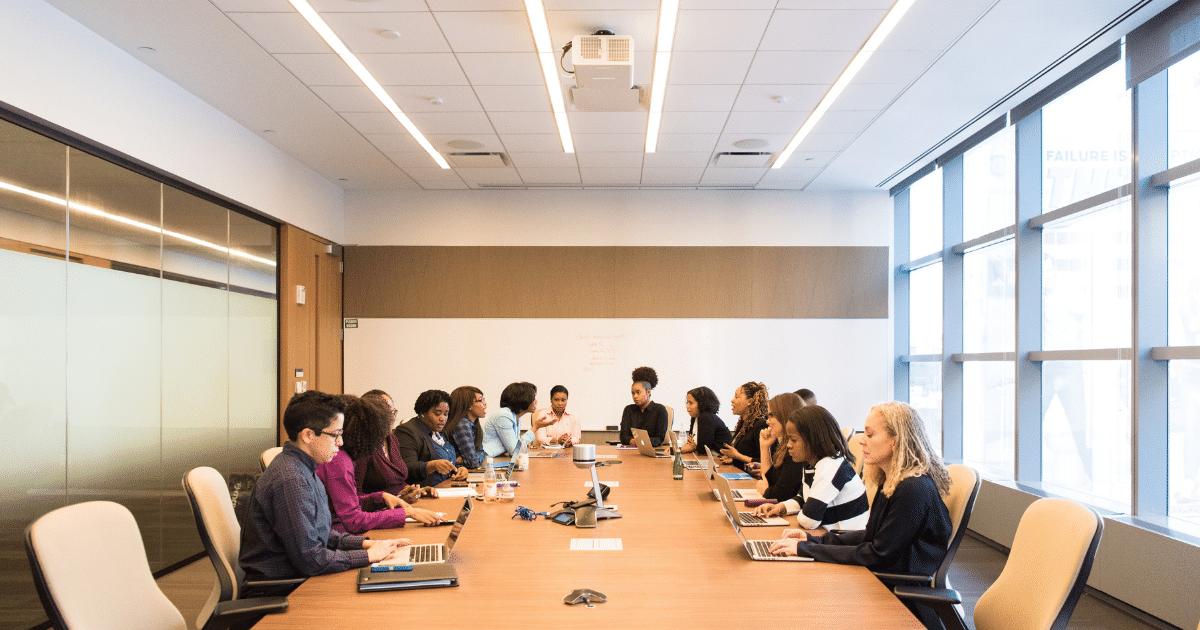
Contents:
Whether you're meeting investors, clients, or team members, finding the perfect meeting room can go a long way in making things happen. It helps make a good impression and can create an atmosphere conducive to a successful meeting.
But how exactly do you pick the perfect business meeting room? What factors should you consider? In this guide, we'll show you six key considerations that can help you find the ideal meeting room for your business needs.
Location
How accessible is the venue? You should pick a location that is easily accessible by your clients, investors, or staff through the means of transport that are most convenient to them. On top of that, make sure the venue is in sync with your brand.
If you're in Australia, you can get meeting rooms for hire Melbourne with ease. You can find professional and spacious venues in and around the CBD and closer to the airport.
Room Capacity
Your meeting room should comfortably fit all your attendees and leave some room for any activities you are planning. But at the same time, the floor space shouldn’t be too large to discourage participation. A room too big can also leave the impression of poor planning on your side, which is the last thing you need when trying to tie down a client or investor.
Besides the number of attendees, you should also factor in your preferred seating arrangement. A Cabaret or Crescent-round setup will take more floor space than Banquet-style seating for the same number of attendees.
The layout
Are you looking to strengthen your team's interpersonal relations, encourage participation in live presentations, or create an engaging dynamic between the speaker and listeners? Your meeting room layout plays a crucial role in the success of your meeting.
Make sure you pick a layout that fits the type of meeting and its objective. A boardroom setup might be more appropriate for meeting a few clients. Alternatively, you can choose a u-Shape, horseshoe, or hollow square seating design for a brainstorming session. If you’re planning a meal for your attendees, a banquet or cabaret layout is more suitable.
Check the Facilities
What facilities will you need to conduct your meeting? You may need audio equipment to communicate effectively with your audience if you are holding a large conference. For a presentation, check if your venue offers a whiteboard, projector, or any other equipment you need.
Another often ignored detail is tech assistance. There is no guarantee your equipment is going to function smoothly. It's valuable to have somebody on hand to fix potential technical issues should they arise. This will allow your meeting to run smoothly without interruptions.
Catering
Keeping your guests well-fed is essential, especially if your meeting lasts long. Otherwise, your attendees will be less attentive and less productive. Some venues offer catering, while others allow you to engage with outside vendors.
Consider the timing of your meeting and plan accordingly. Make sure you account for possible food allergies or dietary restrictions.
Budget
Before looking for a meeting room, set a budget and stick to it. This will help you save valuable time that you would've otherwise spent on venues that are out of your reach.
Be on the lookout for hidden costs. Some venues offer low initial prices but charge a pretty penny for amenities. Finding a venue offering perks like free WiFi or parking can help you stay under the budget.
Remember it's the little details that matter. Visit the venue and gauge the overall aesthetics and experience. Are the staff professional? Are the facilities up to the expected standard? It would also help to look at the reviews and testimonials before committing.













